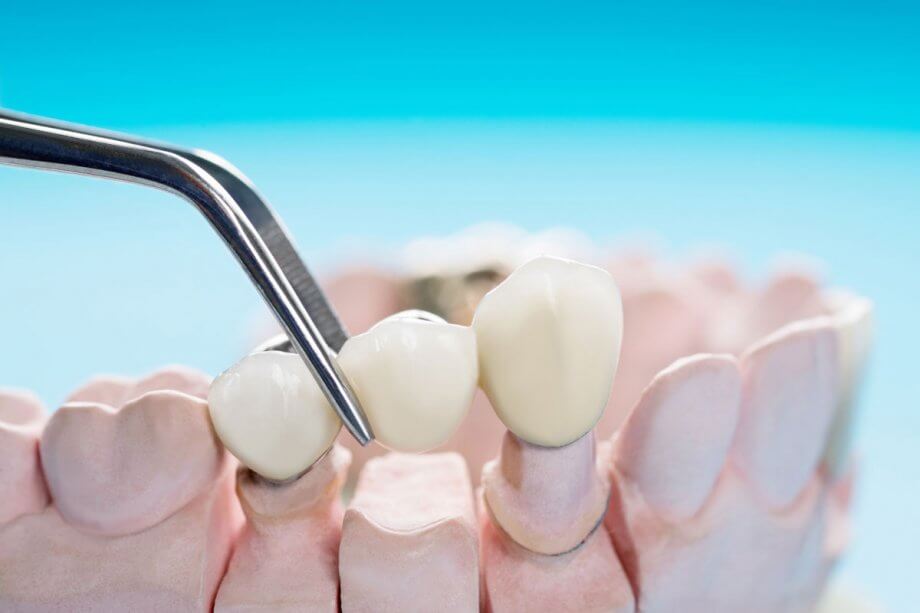Traditional dental bridges are a long-standing option for replacing missing teeth, but implant-supported dental bridges are increasing in popularity. These bridges rely upon dental implants for support instead of other teeth. Implant-supported dentures are used when three or more adjacent teeth need to be replaced, and if they’re an option for you, there are many reasons to consider them over traditional bridges. Here are some benefits of implant-supported dental bridges you should know about when weighing your options.
Implant-Supported Bridges Prevent Bone Loss
When you lose teeth, it sends a signal to your body that the bone that supported these teeth is no longer needed. This triggers a process called resorption—your body breaks down the jawbone and transports its minerals to other areas where they are needed. The result is a weaker bite, poor oral health, and a prematurely aged appearance.
Traditional bridges replace the visible portion of your missing teeth, but they don’t do anything to address tooth loss below the gum line, which means bone loss will continue. In contrast, implant-supported bridges will stimulate the jawbone to prevent and even reverse bone loss. There’s no other option for replacing teeth that can accomplish this.
Implant-Supported Bridges Don’t Compromise Healthy Teeth
Whether you’re getting a traditional dental bridge, a Maryland bridge, or a cantilever bridge, all of these options require the support of adjacent teeth. This places stress on the supporting teeth, leaving them susceptible to damage. Implant-supported bridges are self-supporting, so they don’t need to be held in place by neighboring teeth.
With an implant-supported bridge, the two outermost missing teeth are replaced with dental implants. These implants are used to support a span of pontics (prosthetic teeth) between them. An implant-supported bridge gives you a stable restoration and preserves your jawbone, but it’s more economical and simpler than replacing each of your individual missing teeth with its own dental implant.
Implant-Supported Bridges Are the Closest Option to Natural Teeth
Implant-supported dentures look, feel, and function more like real teeth than any other treatment option, which is why they have better stability and longevity. Natural teeth are held firmly in place within the jaw just like implant-supported bridges. Because they are rooted more deeply than a bridge that’s simply held in place by other teeth, it means an implant-supported bridge is more stable. Once your dental implants and jawbone fuse together, your dental implants have the potential to last a lifetime with proper care and maintenance.
Without a stable base of support from dental implants, a traditional bridge is more prone to failure and breakage. Should an abutment tooth suffer from decay or become fractured, your entire restoration can be compromised and may require replacement.
Learn More About Implant-Supported Bridges
Is an implant-supported bridge right for you? The best way to find out is to visit our office for a consultation. Contact us today at 505-821-2111 to schedule your appointment with Dr. Steel.

